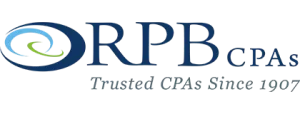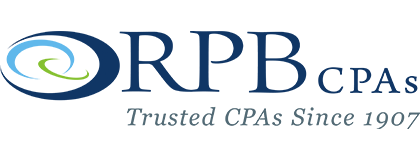Changing Business Structure After Tax Reform
What Type of Entity Should My Company Be?
That question has always been one on the minds of all business owners in order to not only best meet regulatory needs but also to take advantage of the tax code.
With the Tax Reform now behind us and regulations to understand those changes in the works at the IRS, we once again have to reevaluate those decisions from a tax standpoint. The new law gives many businesses some new tax breaks and benefits, and makes some sweeping changes to the tax rates for both businesses and individuals. However, the underlying rules and calculations are far from “simplified.” Correctly determining what type of business your company is in, can mean huge differences in computations. Deductions available to some lines of business under the new law are not available to others, and limits in some types of companies are not imposed to others. Many service businesses are not afforded some of the new benefits available to others and making a change in entity may be a way to better utilize the reformed tax code.
Should my business be a sole proprietorship? an LLC taxed as a partnership, corporation or S corporation? an S corporation? or a regular C corporation? Although taxes are not the only concern, they often can be a deciding factor.
So how do I know which tax structure is best? Ask a professional. At RPB we pride ourselves on knowing the tax laws (both old and new), and how they impact our clients. Making projections for businesses is just one of our many attributes, and one we are happy to share with our clients. Correct and precise projections can help business owners understand the tax impacts of choosing one structure over another.
When you need tax and accounting advice, don’t hesitate to contact RPB, because we are here when you need us.



